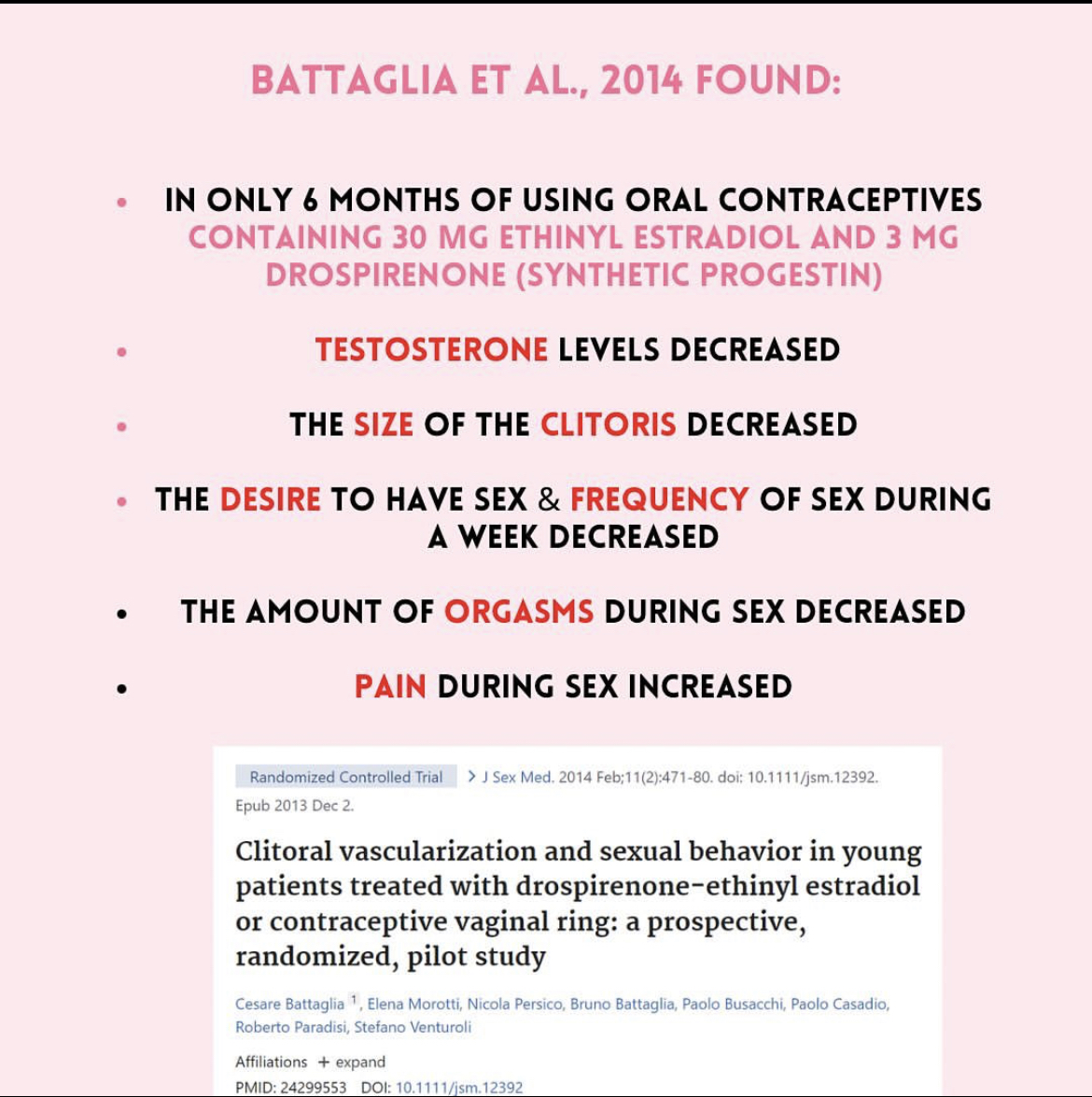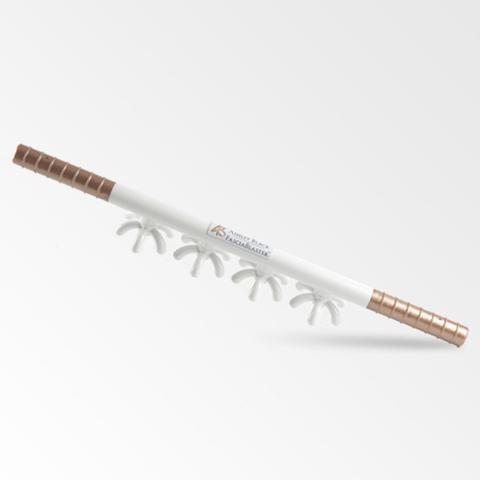It is well known that hormonally related cancers are an unfortunate side effect of the birth control pill. This is because many women have genetic mutations in the way their liver enzymes break down & detoxify estrogen.
Of course, these mutations are not always tested, which is why in some women they develop various types of cancers. The Journal of Natural Cancer Institute 2022 found that those with BRCA 1 & BRACA 2 have an increased risk of breast, ovarian and endometrial cancer with the use of combination oral contraceptives.
The Journal of Cancers 2022 found there to be a significant risk in Triple Negative Breast Cancer and Estrogen Receptor Negative Breast Cancer with the use of oral contraceptives.
How To Tell If You Have a Mutation
An easy way to tell if you have a liver enzyme mutation that affects how your liver detoxifies estrogen, is your response to caffeine. If you are very sensitive to caffeine that is a sign you have a mutation in liver enzyme CYP1B1. This enzyme breaks down caffeine and estradiol. If your periods are extremely painful, reduce or eliminate caffeine intake for 1 month and watch your next period be much more normal.
If the liver is always breaking down the constant influx of caffeine, it doesn’t have enough resources to break down estradiol.
Sexual Side Effects of Birth Control
The Journal of Sexual Medicine discovered that birth control pills can shrink the size of a woman’s clitoris, decrease the desire to have sex and the ability to orgasm during sex? How’s that for birth control (Battaglia et al., 2014).
Yep! You heard it right. Birth control hormones containing synthetic progestins and ethinyl estradiol were found shrink the size of a woman’s clitoris. That is pretty crazy.
A 2016 study found birth control containing levonorgestrel (synthetic progestin), significantly decreased a woman’s ability to be aroused, feelings of desire for sex and the pleasure she derived from sex (Zethraeus et al., 2016).
In 2019, a large-scale study found that more over 2700 women reported disorders of anxiety, depression, pain, weight gain and sexual disorders after having the Mirena IUD. The Mirena IUD contains levonorgestrel as well, which stops the period from occurring (Langlade et al., 2019).
Impaired Bonding Hormone with Birth Control
Oxytocin is a hormone that creates the feeling of bondedness between lovers, and parent-child. A 2016 study found that Oxytocin modulates the brain to elicit a reward response when the woman saw her partners face.
Oxytocin also made the woman perceive their partner as more attractive in comparison to other people and reinforced how valuable their partner was to them.
This glorious hormone is released during orgasm. Monogamous relationships elicit a stronger release of oxytocin when compared with polyamorous relationships, increasing the bonded feeling between lovers and reduces jealousy. It’s also released when a woman gives birth, eliciting a strong sense of bondedness from mother to the baby.
The Journal of Soc Cogn Affect Neurosci 2016, found women on birth control had significantly impaired release of oxytocin, the hormone that strongly contributes to stable bonding. At the same time, women not on birth control had normal function, release, and levels of oxytocin.
Conclusion: Synthetic Hormonal Birth Control is Not It, Ladies.
I suggest every woman familiarizes themselves with their cycle:
- A normal cycle is supposed to be 28 days. Anytime less than or more than that is not normal.
- Your cycle starts with the first day that you bleed. Example: you bleed for 5 days. Your cycle continues until the next time you bleed, which should be a total of 28 days.
- You ovulate around day 14. You will notice increased wetness and lubrication around this time because your body is trying to increase the chance of getting pregnant. Start by buying urine ovulation strips from www.pregmate.com. to track your ovulation.
- After ovulation, your body realizes it’s not getting pregnant so then it turns that off, and your body starts to prepare for the next period in a couple of weeks.
- Stress, caffeine and alcohol can make your period shorter or absent.
- Blood sugar issues, which cause PCOS and diabetes, insulin resistance, carb heavy diets can cause prolonged periods, facial hair growth, fibroids and ovarian cysts.
A safer birth control method can be using the Daysy Fertility Monitor which tracks your ovulation and tells you when you are most fertile in your cycle and when you can become pregnant/when you’re good to go. This is most safe if you are not sleeping with multiple partners and does not prevent STD’s.
Otherwise, condoms can be safer.
IUD’s work for some women and they do not work for some women. The Mirena IUD has synthetic hormones and stops your period.
The Paraguard copper IUD emits copper ions and can cause extremely debilitating cramps and heavy bleeding (as was my experience in 2013). Other women don’t have that experience.
There is a better way to balance your hormones if you’re dealing with acne, PMS, low libido, uterine bleeding, painful periods, fibroids, endometriosis.
Get with a functional med practitioner to do the right testing to find the root 🌱








